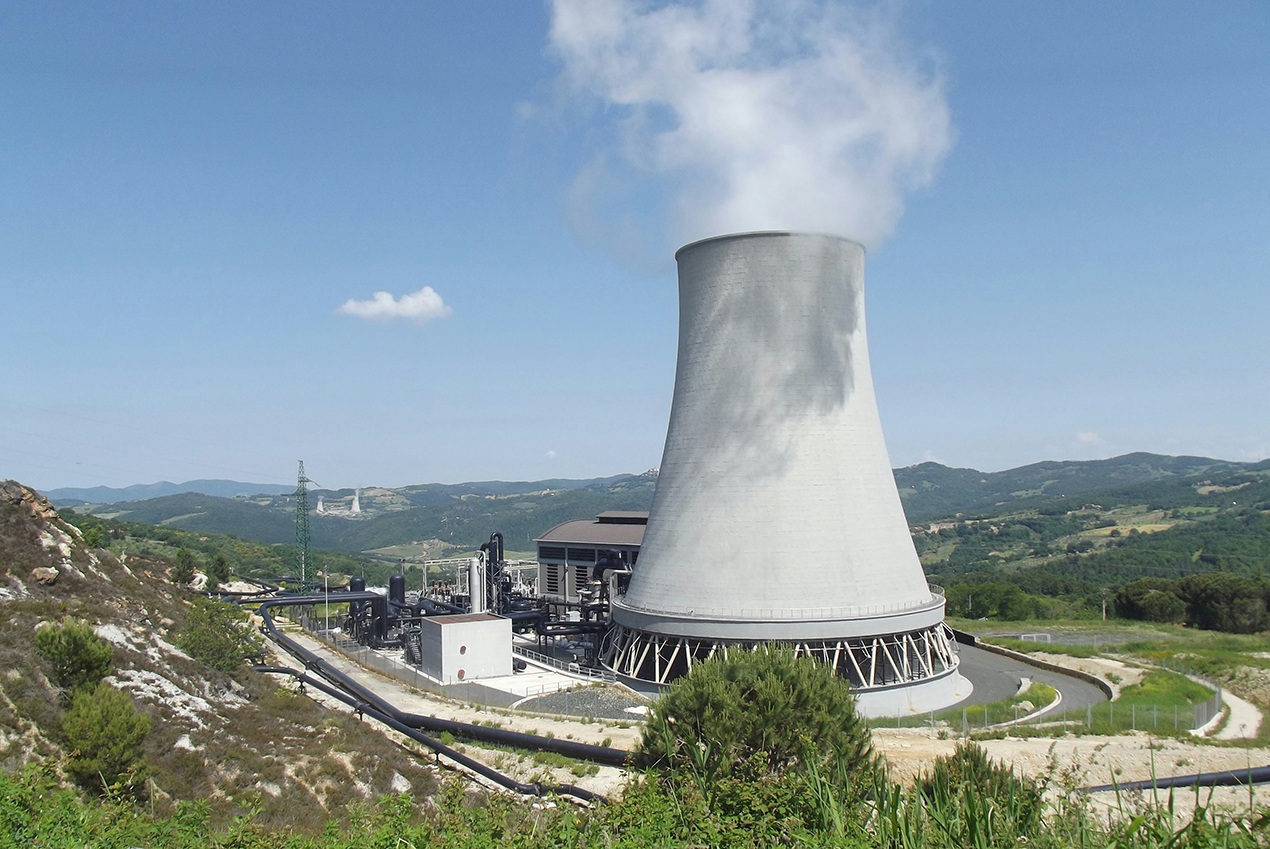News
International Peaceful Use of Nuclear Technology Faces Challenges
The five-day 51st regular session of the International Atomic Energy Agency General Conference concluded in Vienna on the 21st. Representatives of some agency members called on the international community to further strengthen the effectiveness of the international nuclear non-proliferation regime in the general debate of the General Assembly to cope with the rapid growth in demand for nuclear technology. The challenge of increasing nuclear proliferation risks.This year marks the 50th anniversary of the founding of the International Atomic Energy Agency. The agency is based on the three major functions of "technology, safety and verification" and has made unremitting efforts to promote the development of the world's peaceful use of nuclear energy and prevent nuclear proliferation. According to the report submitted by the International Atomic Energy Agency to the General Conference, as of the end of last year, the number of agency members had reached 143, the agency was executing 109 coordinated research projects, the agency had concluded 237 safeguards agreements in effect with 162 countries, and implemented 2,142 safeguards agreements in 2006. safeguard inspection.
Looking to the future, the International Atomic Energy Agency believes that as the global process of utilization and popularization of nuclear technology accelerates, the risks of misuse of sensitive nuclear technologies and nuclear terrorism also increase accordingly. In complex situations, agency members need to work together to make up for the existence of the international nuclear non-proliferation regime. of imperfections. According to the report submitted to the conference at the 2007 Science Forum meeting of this conference, world energy demand will increase by more than 50% in the next 25 years, and the application of nuclear technology in the fields of electricity, food, agriculture, health and industry in developing countries will increasingly the more widespread. The report also predicts that difficulties such as high costs, lack of human resources, and insufficient related infrastructure will restrict the promotion and application of nuclear technology. Concerns about nuclear safety and nuclear proliferation will also pose challenges to the development of international nuclear energy in the next 25 years.
When delegates to the conference discussed nuclear safeguards and security, nuclear terrorism and international non-proliferation issues, the North Korean and Iranian nuclear issues once again became the focus. The Six-Party Talks contributed to North Korea's closure and sealing of its nuclear facilities and provided an example for the peaceful settlement of international nuclear disputes through negotiation, which was generally welcomed by delegates to this conference.
At the same time, because Iran has not responded to Security Council resolutions, representatives attending the meeting are worried about the prospects of resolving the Iranian nuclear issue.
Representatives of the United States and the European Union accused the agency at the International Atomic Energy Agency Board of Governors meeting held this month of reaching a work plan with Iran on outstanding Iranian nuclear issues without consulting the United States and the European Union, providing conditions for Iran to delay. ElBaradei, Director General of the International Atomic Energy Agency, believes that although the agency cannot yet conclude that all Iran's nuclear activities are for peaceful purposes, Iran's nuclear program currently does not constitute a "realistic danger."
It is still difficult for the international community to find a solution to the deadlock on the Iranian nuclear issue, but after this conference, the positions of the relevant parties have become very clear. The majority of the body supports negotiations to find a long-term and comprehensive solution. The International Atomic Energy Agency will continue to implement the work plan agreed with Iran in the next two to three months, hoping to provide evidence for the peaceful nature of Iran's nuclear program. Whether the Iranian nuclear issue can be properly resolved is a major test for the International Atomic Energy Agency and relevant parties.

RELATED NEWS
- "BANDON Cup" Heat Pump Ceremony Came to a Successful Conclusion
- Huicong HVAC and Comfort Home Network Visited BANDON Factory
- The U.S. Economic Growth Rate in the Fourth Quarter of 2005 was 1.6%
- Many Countries in the Middle East are Interested in Developing Nuclear Energy
- International Oil Prices Approach US$70 per Barrel, Accelerating Global Debt Mar
